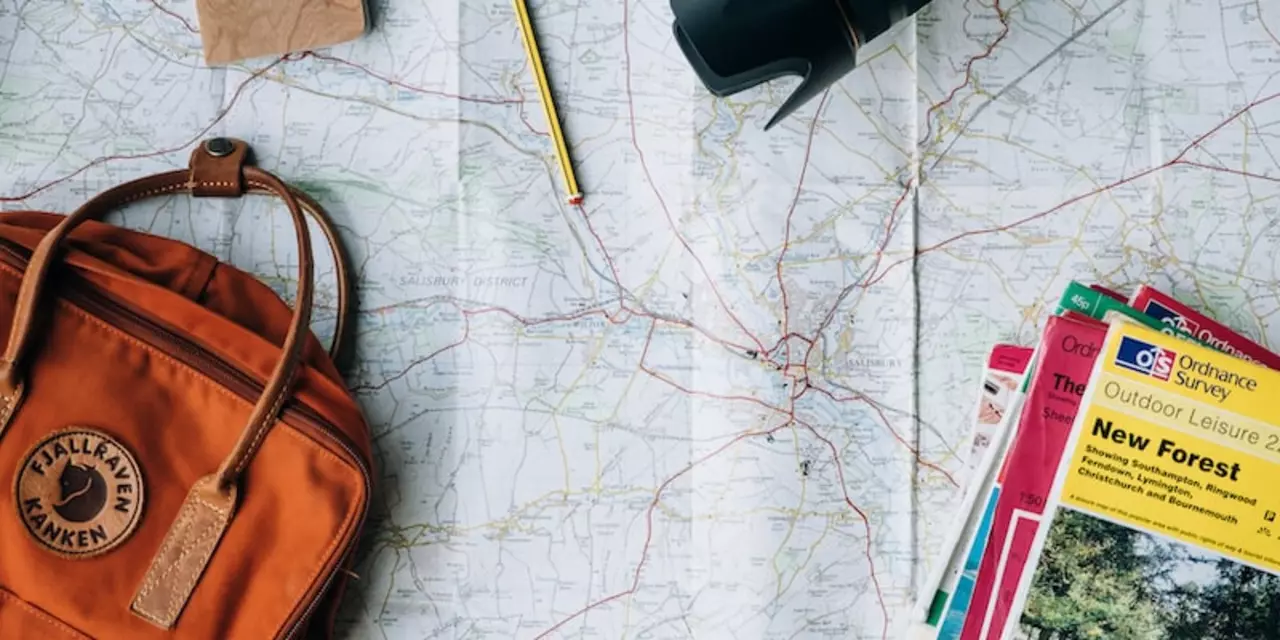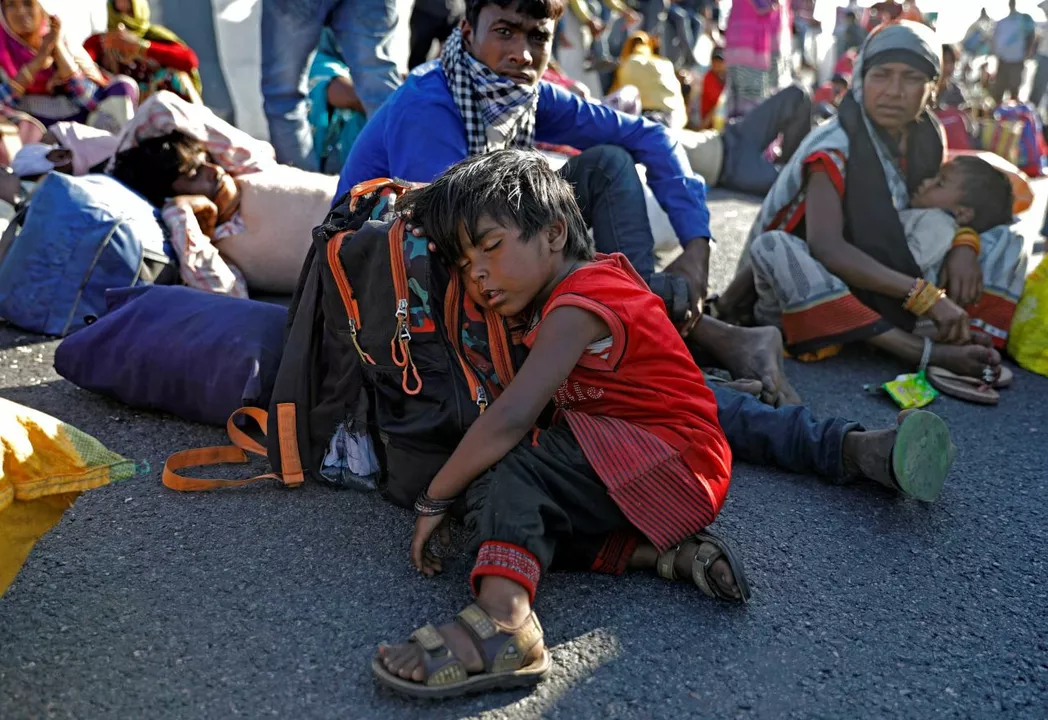Move Back to India: Practical Guide to a Smooth Return
Thinking about moving back to India? Good — this guide gives clear, practical steps to help you plan, pack, and settle without surprises. Whether you left for studies, work, or family, returning takes more than a ticket. You need documents, a money plan, housing options, and a simple timeline to stay sane.
Top documents to sort before you leave
Start with identity and civil papers: passport, birth certificate, marriage certificate if relevant, and degree certificates. If you hold foreign citizenship, check rules for renouncing or reapplying for Indian documents. Get police clearance certificates, school records for kids, and vaccination proof. Scan everything and keep digital backups. Originals should travel in your hand luggage.
Apply for the right travel or return permits early. NRIs often use OCI cards; others may need visas or work permits. Rules change, so confirm with the nearest consulate. Missing paperwork delays settlement and can cost a lot.
Money, banking and job basics
Set up banking before you arrive. If you are an NRI, keep NRE/NRO accounts and know how to convert funds. Notify your foreign bank and plan currency transfers to avoid large fees. Speak to a tax advisor about residency rules — India treats someone as a tax resident after a certain number of days, and that affects your reporting and taxes.
Job hunting in India moves fast. Update your CV and LinkedIn with local formats. Talk to recruiters and use networks you built before. Consider short-term contract work or freelance gigs while you search. If you already have an employer, confirm start dates, benefits, and relocation support.
For housing, rent first. Cities vary widely in cost and lifestyle. Take a short-term rental for a month or two to test neighborhoods. Expect agent fees and a security deposit equal to one to three months' rent in many places.
Shipping household goods can be expensive. Sell bulky items abroad and buy locally. If you ship, hire movers experienced with customs for returning residents — some duty exemptions exist but paperwork is strict.
Healthcare and insurance matter. Get international records translated if needed and buy local health cover quickly. Private hospitals are common in cities; know where the nearest good clinic is before you arrive.
School choices for children affect location and timing. Indian schools run on specific calendars; secure seats early and transfer marks and immunization records. For higher education, verify how foreign degrees are assessed by Indian employers or universities.
Expect reverse culture shock. Mumbai, Bangalore, Delhi — each city has its rhythm. Rebuilding social circles takes time. Join local groups, alumni networks, or co-working spaces to meet people and get practical tips.
Create a 90-day checklist: documents, temporary housing, bank accounts, phone numbers, job search, school registrations, and essential shopping. Take one step at a time. Return to India can be energizing if you plan for the small details that usually trip people up.
Ask questions early, stay flexible, and celebrate small wins as you settle daily too.
Deciding whether to stay in the USA or move back to India is a tough choice that involves considering various factors. It's essential to weigh the quality of life, job opportunities, cultural differences, and personal preferences. We need to look at the pros and cons of living in both countries, including the cost of living, healthcare, education, and social life. Emotional ties to family and friends in India, and the longing for our native culture and traditions also play a huge role. Ultimately, it's a personal decision that should be guided by what will add more value and happiness to our lives.
View More



